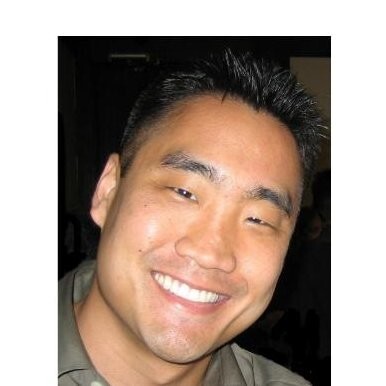
Virtual Learning Lab: AI 101, Part 2 – Code Meets Counsel: Bridging the AI Divide Between Developers and Attorneys
- Registration Closed
We know AI can “go bad” - but why? Many AI-focused CLEs emphasize governance frameworks and legal risk mitigation. Fewer explore the technical causes behind these issues. Technical challenges range from bias and hallucinations to security breaches and more. How many attorneys understand why AI systems go wrong? Today's session bridges that gap. We’ll unpack the core technical challenges faced by AI developers and then translate those challenges in plain English for attorneys and other non-technical business professionals. Use that knowledge to strengthen your ability to craft governance programs that are not only legally sound, but also technically and operationally feasible. We’ll also explore how business imperatives, engineering innovation, and legal strategy intersect in the real world to shape responsible AI deployment. Join us for a deep dive into how legal professionals can partner with technical teams to drive innovation while mitigating risk - turning technical and legal insight into a catalyst for better AI products and services.
Note:
• Each session in the “AI 101 series” builds on the other. ACC recommends attending all three sessions to obtain maximum benefit.
• CLE Technology Sub Credit: This proposal qualifies for technology CLE sub-credit in the following US states: California, Florida, North Carolina
This live program offers free CLE in select jurisdictions for members of ACC. Please see details below!
CLE/CPD CREDIT IS AVAILABLE IN THE FOLLOWING JURISDICTIONS:
*Alaska, *Arizona, California, *Connecticut, Georgia, *Hawaii, Illinois, Minnesota, Missouri, *Montana, *New Hampshire, *New Jersey, *New York, *North Dakota, Ohio, Pennsylvania, South Carolina, Tennessee, Texas, and Washington.
*Indicates that CLE/CPD credit is available by virtue of reciprocity with another jurisdiction.
ACC WILL MAKE AN APPLICATION FOR CLE UPON REQUEST IN THE FOLLOWING JURISDICTIONS:
Arkansas, Delaware, Kansas, Louisiana, New Mexico, and Vermont.
Requests must be made one week prior to the scheduled program date to ensure timely application submission. Please use the form below to submit your request for CLE.
CLICK HERE TO ACCESS THE FORM!
ATTENDEES MUST SELF-FILE IN THE FOLLOWING JURISDICTIONS (A CERTIFICATE WILL BE PROVIDED TO ASSIST YOUR FILING EFFORTS):
Alabama, Colorado, Florida, Idaho, Indiana, Iowa, Kentucky, Maine, Mississippi, Nebraska, Nevada, North Carolina, Oklahoma, Oregon, Puerto Rico, Rhode Island, Utah, West Virginia, Wisconsin, and Wyoming.
CLE/CPD IS NOT MANDATORY IN THE FOLLOWING JURISDICTIONS:
District of Columbia, Maryland, Massachusetts, Michigan, South Dakota
Key:

Rob Kang
Lecturer
George Washington University School of Law
As a former private sector in-house attorney practicing cybersecurity and national security law, Mr. Kang infuses real-world operational practices into his classroom instruction. His 15 years of experience as in-house counsel includes designing and implementing comprehensive in-house cybersecurity legal risk management programs in two different companies across two different sectors. As Chief Counsel for Cybersecurity and National Security at Southern California Edison, Mr. Kang protected the US electric grid against malicious attackers seeking to destabilize the nation. As Director and Associate General Counsel for Cybersecurity at Meta Platforms, Mr. Kang served the cybersecurity needs for a multi-national company that provides social media services across the globe. He has developed cutting edge national security programs and agreements with various government agencies, which even today serve to protect US national security.
Mr. Kang is also a prolific author and presenter and has spoken in venues as diverse as the Association of Corporate Counsel (the bar association for in-house counsel) and for attorneys at the North Atlantic Treaty Organization (NATO).

